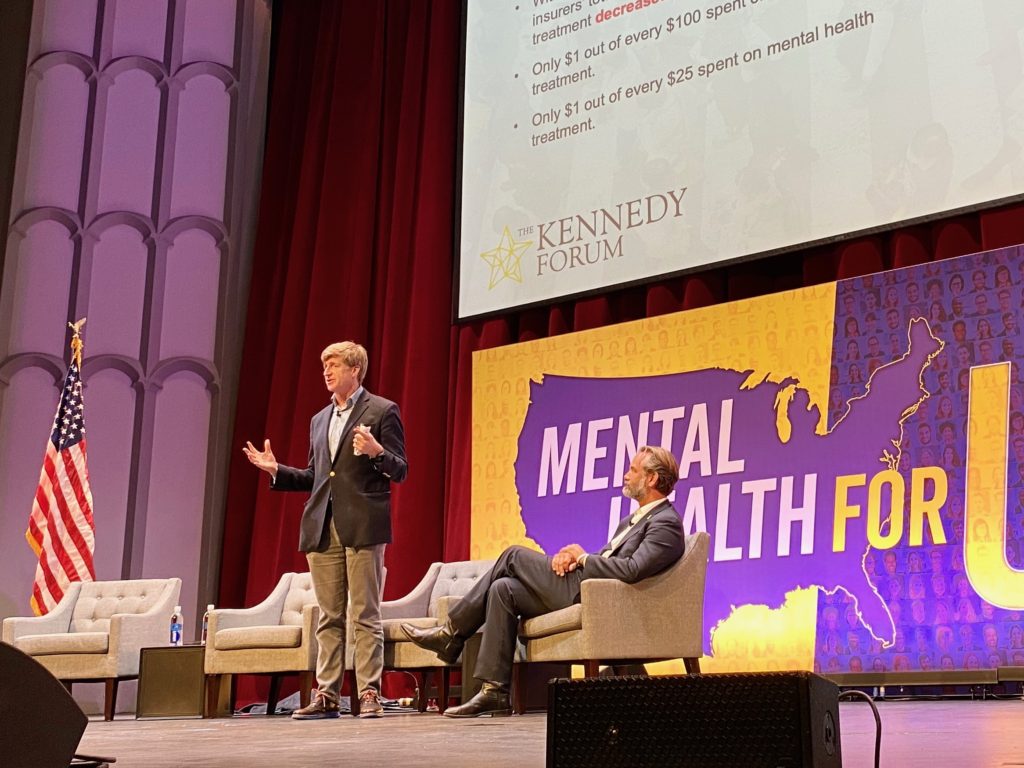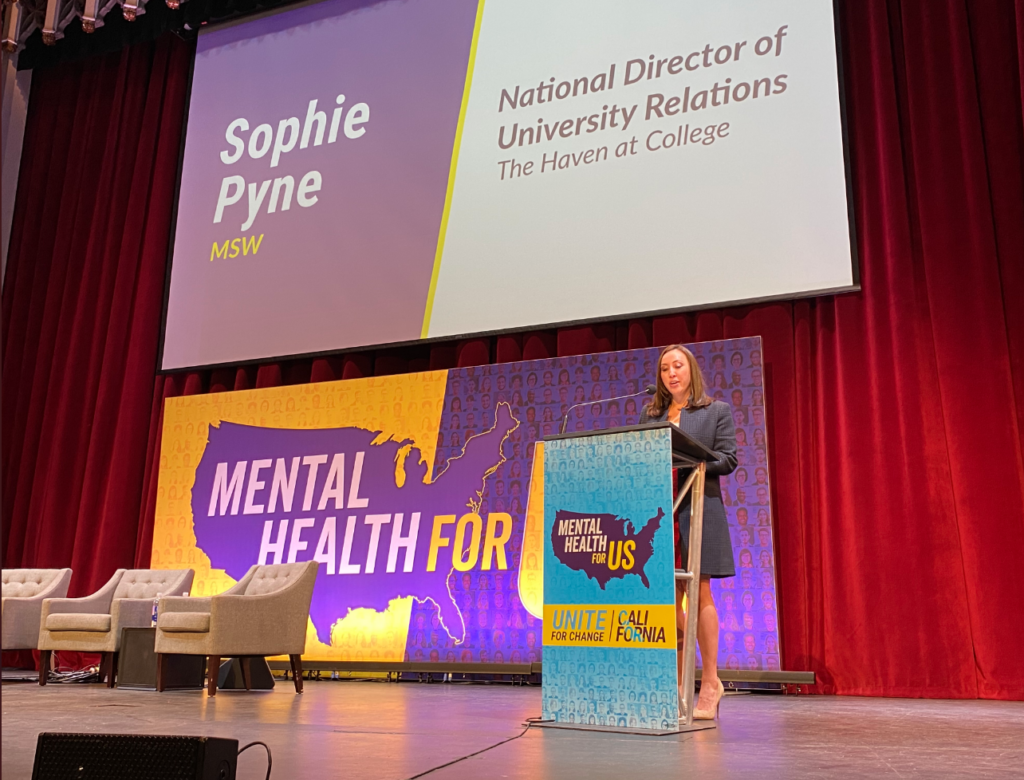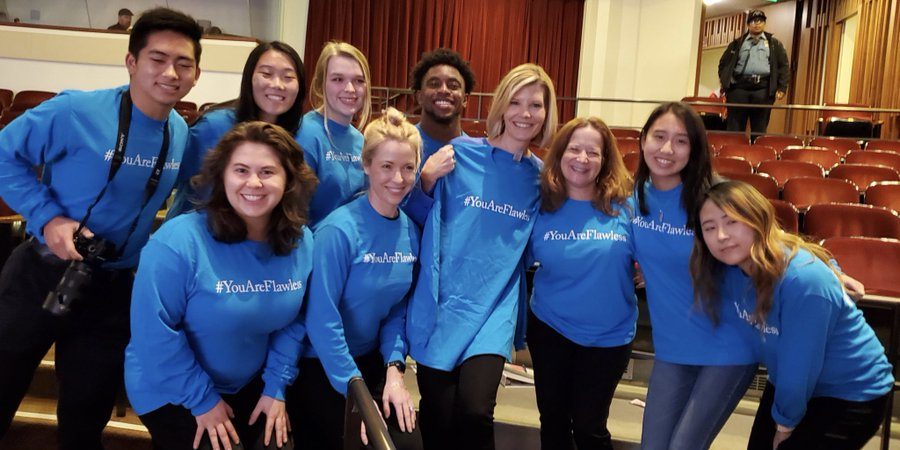Many of us know the quote: “The definition of insanity is doing the same thing over and over again but expecting different results.” Why, then, does society often continue with the same outdated responses to those suffering from mental health challenges, including the ever-escalating opioid crisis? Former U.S. Representative Patrick J. Kennedy and Dr. Jon Sherin kicked off the Mental Health for US Unite for Change Forum, hosted at the University of Southern California just last week, and several members from our Flawless team, alongside a group of USC student ambassadors, were there to capture the most captivating moments. While the event highlighted all the pervasive issues in how we handle mental health challenges and substance use—in policies, in hospitals, in insurance practices—there was an upswell of a more positive sentiment: HOPE.

The event was stacked with world-class speakers, from USC law professor Elyn Saks and USC dean for social justice Dr. Ricky Bluthenthal who, along with Norm Ornstein, made up the evening’s first panel moderated by NBC News’s senior national correspondent Kate Snow. Snow’s big question for the panel: how do we allow greater access to mental health care? Bluthenthal emphasized the need to put people with severe brain health challenges at the center of the system of care. He observed that the well-educated and wealthy often get the care they need, but those less fortunate face barriers that can make accessing treatment impossible. His call to action was to reform the system in a way that accounts for the potential obstacles that prevent access to care, saying people are “in those circumstances because we’re not spending money on them.”
There were several highlights from those with lived experiences with mental health challenges and substance use. A standing ovation was given to Anthony Rodriguez from the Santa Barbara Response Network. Speaking on the need for mental health treatment, he added, “If you have diabetes and you don’t get your insulin, you can die… It’s nothing to be embarrassed about. Give them the time, don’t judge.”
Other speakers with lived experience included Sophie Pyne, a USC graduate who talked about how easy it can be to “fly under the university radar” while struggling with mental health and substance use in college. Norm Ornstein lost his son to severe mental illness and turned that experience into advocacy for access to mental health care. “There’s not a family in America that has not been touched by mental illness, but they don’t want to talk about it,” he said, adding that there are more people touched by mental illness than by kidney disease, for example, but kidney disease has received more attention and better access to care. And our Flawless board member Ross Szabo, who launched into activism from his own experience with bipolar disorder, now creates ‘mental health curriculum’ to teach thousands of children and young adults across the country.

I could go on and on about the other speakers—Adam Leventhal, Steve Siegel (the emcee), Robert Stohr, Lisa Foster, Ryan Hampton, Lianna Treitler, Chris Miller, and performer Kiana Ledé—who made an impact on the stage, but there were simply too many moments to recount. The event was beautiful, the speakers were nothing short of inspiring, and the impact, hopefully, is lasting.
However, real change can only happen if continue with our own advocacy. Use your voice; whether it be a whisper or a shout, you can engage with others to effect real change. As Chris Miller said, “You don’t need to go to a lawmaker to be an advocate—you can do it in your own backyard… If you help your roommate understand mental health better, that’s advocacy.”
But if you feel like shouting, use your voice on a broader platform. Reach out to your representatives and local government officials and let them know there is a strong base of voters who support mental health care reform. Start that Facebook discussion to normalize mental health challenges. Join an advocacy group or create your own. If you’re comfortable, tell your story. Because you can’t know how much power your voice has until you use it.







